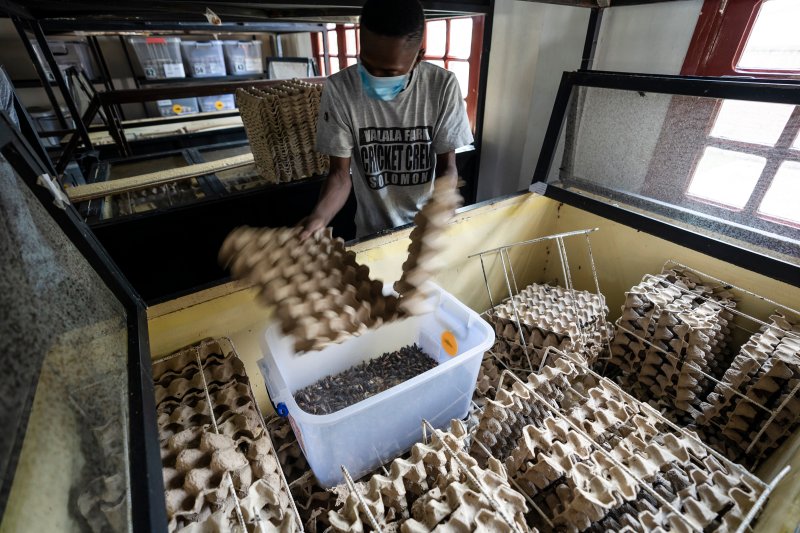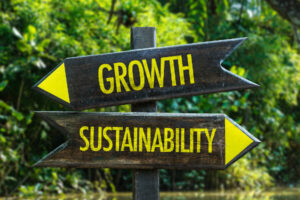The Dual Role of Insects for Sustainability
The planet's smallest creatures deliver information and answers on how we can help save the planet. Research shows insects can play two opposite and crucial roles to our survival: helping us grow food and actually being food.
Insects are part of our global ecosystem and play various roles in keeping crops healthy. "Predator" insects maintain the balance in the insect world which in turn helps farmers. According to a recent article at Science Daily, "researchers say that wasps could be used as sustainable forms of pest control in developing countries, especially tropical ones, where farmers could bring in populations of a local wasp species with minimal risk to the natural environment."
Wasps more well-known relatives, bees, have long been identified as important to our ecosystem. Not only do they produce food by way of honey, they are plant pollinators, and almost 90% of plant species on earth require pollination. Unfortunately, bee populations are down and organizations including Planet Bee and Greenpeace have "Save the Bee" programs.
In addition to helping us grown food, there are many countries that are surviving by eating insects. According to a recent Time Magazine article, "80% of the world’s farmland is used to raise and feed livestock, even though animals only account for 18% of global calorie consumption." So how to can insects help?

The article also states that, "Grasshoppers, crickets and mealworms are rich in protein, and contain significantly higher sources of minerals such as iron, zinc, copper, and magnesium than beef." And not only do insects offer a protein alternative to beef, "pound for pound they require less land, water and feed than traditional livestock. Insect farming and processing produces significantly lower greenhouse gas emissions."


